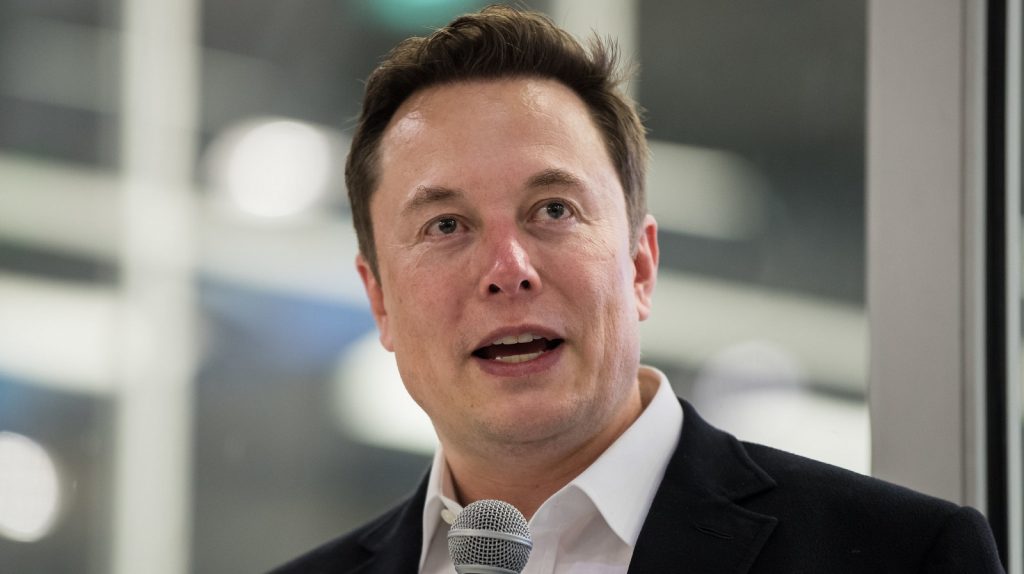Inbox icons, subject line sorcerers, CTA kings – the results are in. The 2025 You Mailed It Awards by Everlytic have crowned their champs, with Old Mutual Rewards and Machine_ taking…
An AI referee, the crucial reasons for an AI policy

A need for AI policy is accelerating as some of the biggest tech companies gathered to discuss AI policy in Washington DC.
X head Elon Musk has called for an AI referee of sorts to govern artificial intelligence and ensure the safe use of AI.
A regulator would hold organizations to account while protecting the interests of the public.
Currently, the emergence of AI is new, fast-paced, and ungoverned, and safeguarding the AI space could neutralize and shape models on important issues.
While there may be challenges in the beginning, lawmakers will have to act fast as we may see reckless AI developments should there be no watchdog to overrule foul players.
The meeting and reason
Several participants met in Washington DC for a bipartisan AI insight forum, these included Nvidia CEO Jensen Huang, Microsoft CEO Satya Nadella, IBM CEO Arvind Krishna, former Microsoft CEO Bill Gates, and AFL-CIO labour federation President Liz Shuler.
This comes after Musk around April expressed how there needed to be a six-month pause in development systems more powerful than OpenAI’s Chat GPT 4.
The main reasons for a policy.
The use of AI systems can make a critical impact on users and society overall. These sectors include healthcare, the autonomous vehicle space, and even the criminal justice system. An AI policy can establish ethical guidelines to ensure that AI is developed and used in a way that upholds human rights, fairness, and accountability.
Transparency
Organizations all need to be transparent and a transparency requirement must be adhered to, in order to make it easier for the public and regulatory bodies to understand how AI decisions are made and challenge them if needed.
AI will gain access to massive amounts of personal data and a set policy may aid in setting rules for data collection, storage, and usage, while ensuring that user privacy rights are upheld, respected, and not mishandled.
The catch or policing
It’s a double-edged sword, as excessive regulation can stifle innovation while hindering the development of AI tech.
Other variables such as compliance costs could create an entry barrier with red tape which would disproportionately benefit larger more established players.
Some policies may drive AI innovation underground due to high costs of entry, with any policy struggling to evolve past the initial stipulation.
While there may be cons, a benefit would be inspired and regulated competitiveness.
Transparency, individual privacy, and increased investments in organizations that have maintained an ethos of transparency.
The need for an AI policy is apparent, as a policy to govern and hold organizations to one accord appears to be lacking which could spell trouble for the end user.
Striking a balance may be the initial challenge, but once the wheel is in motion, the public stands to not only benefit but have the power to hold non-compliant developers accountable.

Marcus Moloko is a polished Web Content and Digital Editor with insight into current technological developments, incoming products, and beta product testing. His increasing insight into tech continues to carve opinions while introducing tech to the ordinary product user.Also read: Net Zero by 2050, Lenovo shifts gears for emissions goal

